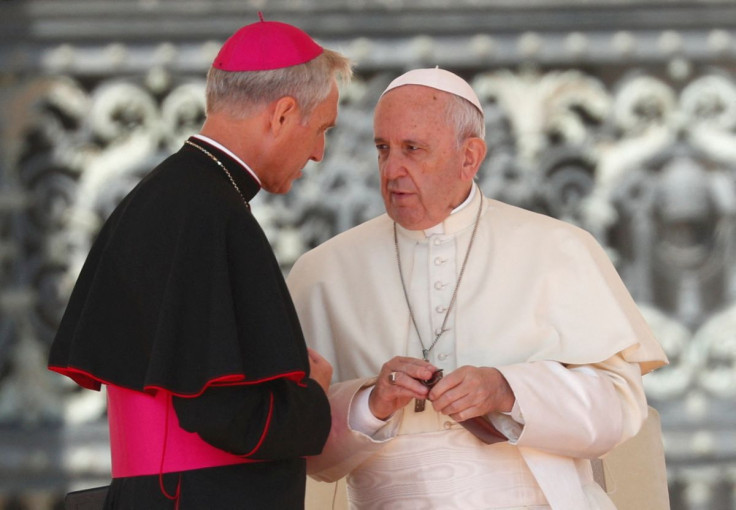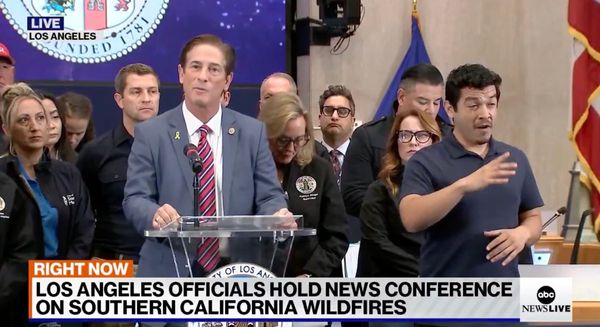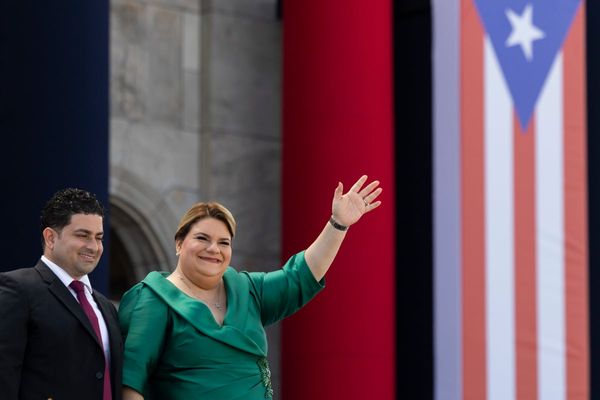
Pope Francis is under the limelight for allegedly using a homophobic slur to describe gay people. The epithet was seemingly uttered during a meeting with Italian bishops last week, when the pontiff told them not to permit gay men to train for the priesthood.
Italian outlets Corriere della Sera and La Repubblica broke the news, both citing sources who were in the meeting. They came as some Italian bishops have proposed to amend guidelines on candidates to seminaries.
The pope has taken a more welcoming stance toward the LGBT+ community, famously saying "who am I to judge?" when asked about gay priests and approving late last year the blessing of same-sex couples. In a document, he the Church made it clear that the ritual shall not be the same as the sacrament of marriage but that blessings shouldn't be denied.
However, in 2016 he upheld a 2005 ruling banning the ordination of men who are gay or have "deep-seated" homosexual tendencies, according to CNN. He reiterated the concept in 2018.
The outlets, however, provided some nuance to the alleged slur. Pope Francis is Argentine and speaks Italian as a second language, and he may have not been aware of how offensive the term is considered. A source close to the Pope told CNN he may have intended to say there is a "gay climate" in the seminaries.
The Pope issued an apology after the issue made global headlines. "In the Church there is room for everyone, for everyone! Nobody is useless, nobody is superfluous, there is room for everyone. Just as we are, all of us," reads a passage of a statement released by his office.
Matteo Bruni, director of the Holy See Press Office, went on to say that Francis "never intended to offend or express himself in homophobic terms, and he apologizes to those who felt offended by the use of a term reported by others."
The Pope was also recently in the news after giving an interview with CBS News' 60 minutes, where he said that the U.S. has to "open the door" to the increased arrival of people to its borders.
"For an immigration policy to be good, it must have four things: for the migrant to be received, assisted, promoted and integrated. This is what is most important, to integrate them into the new life," Francis said.
© 2024 Latin Times. All rights reserved. Do not reproduce without permission.







